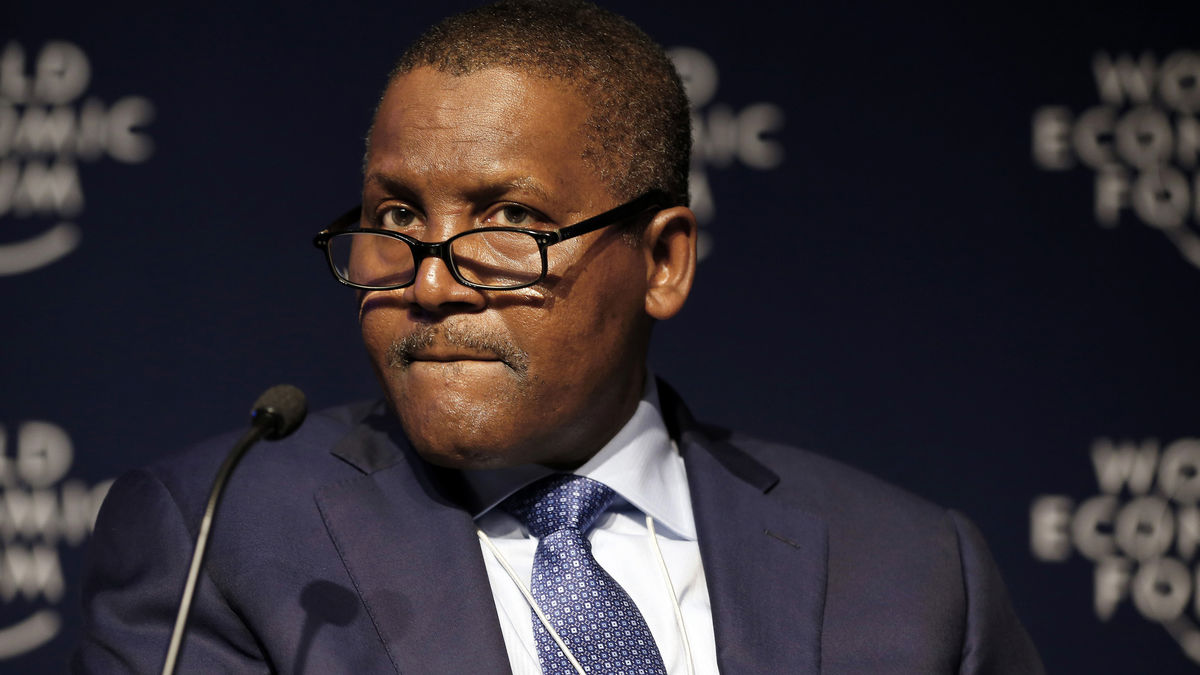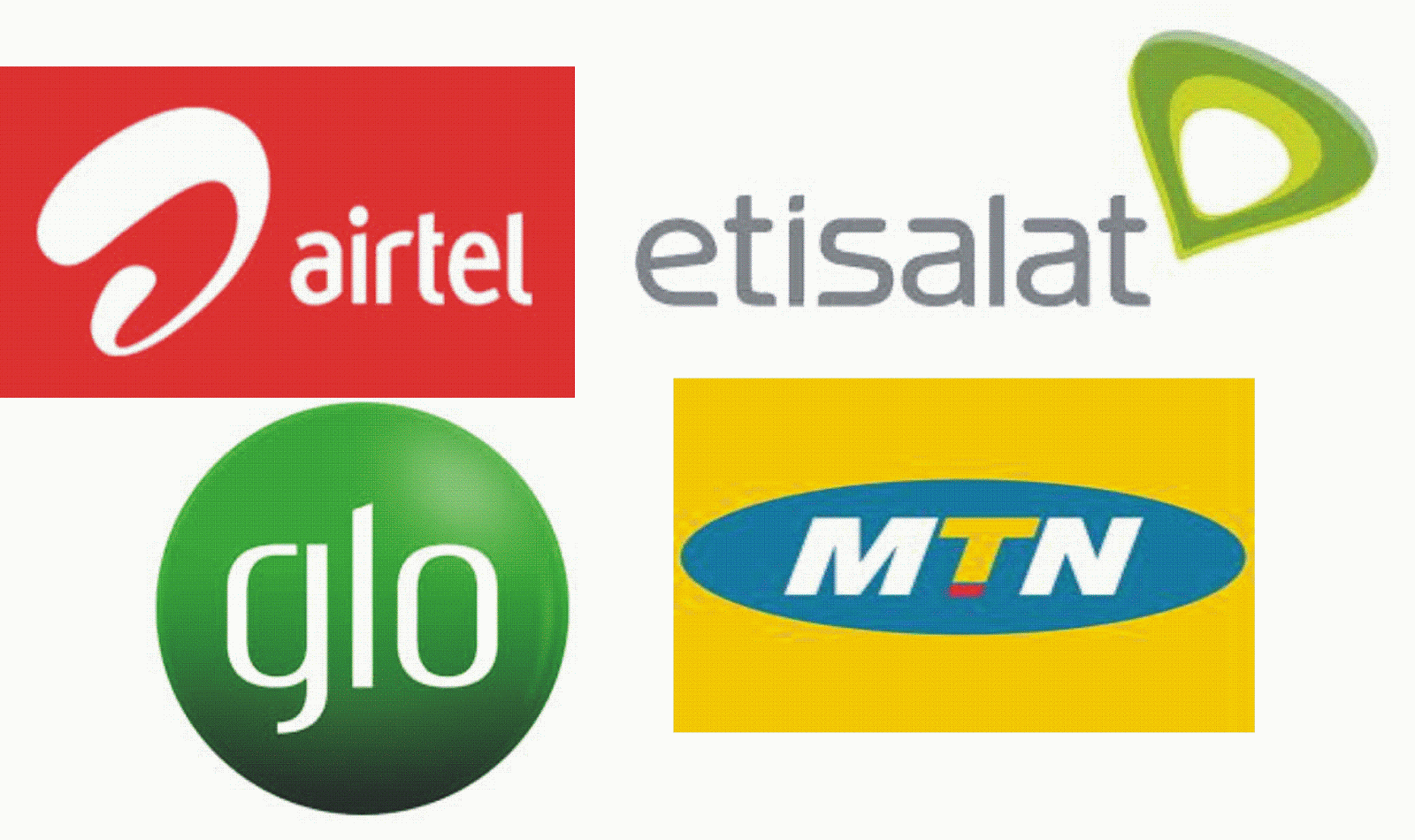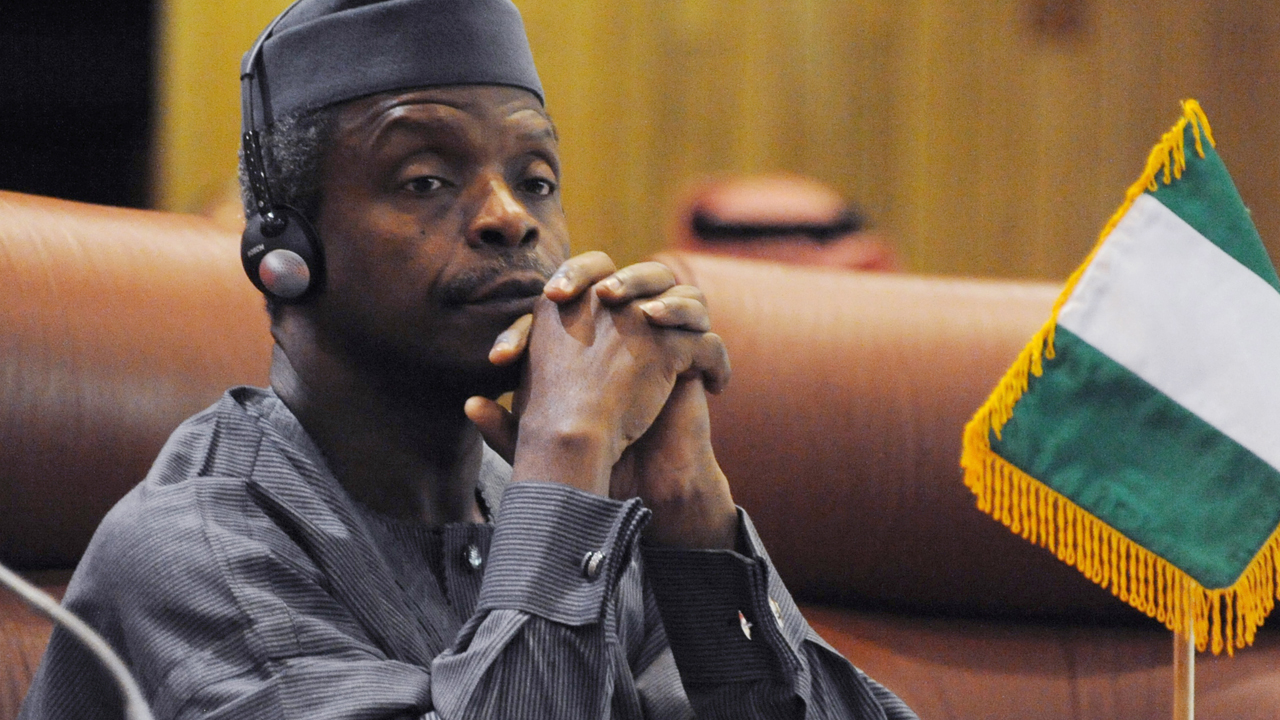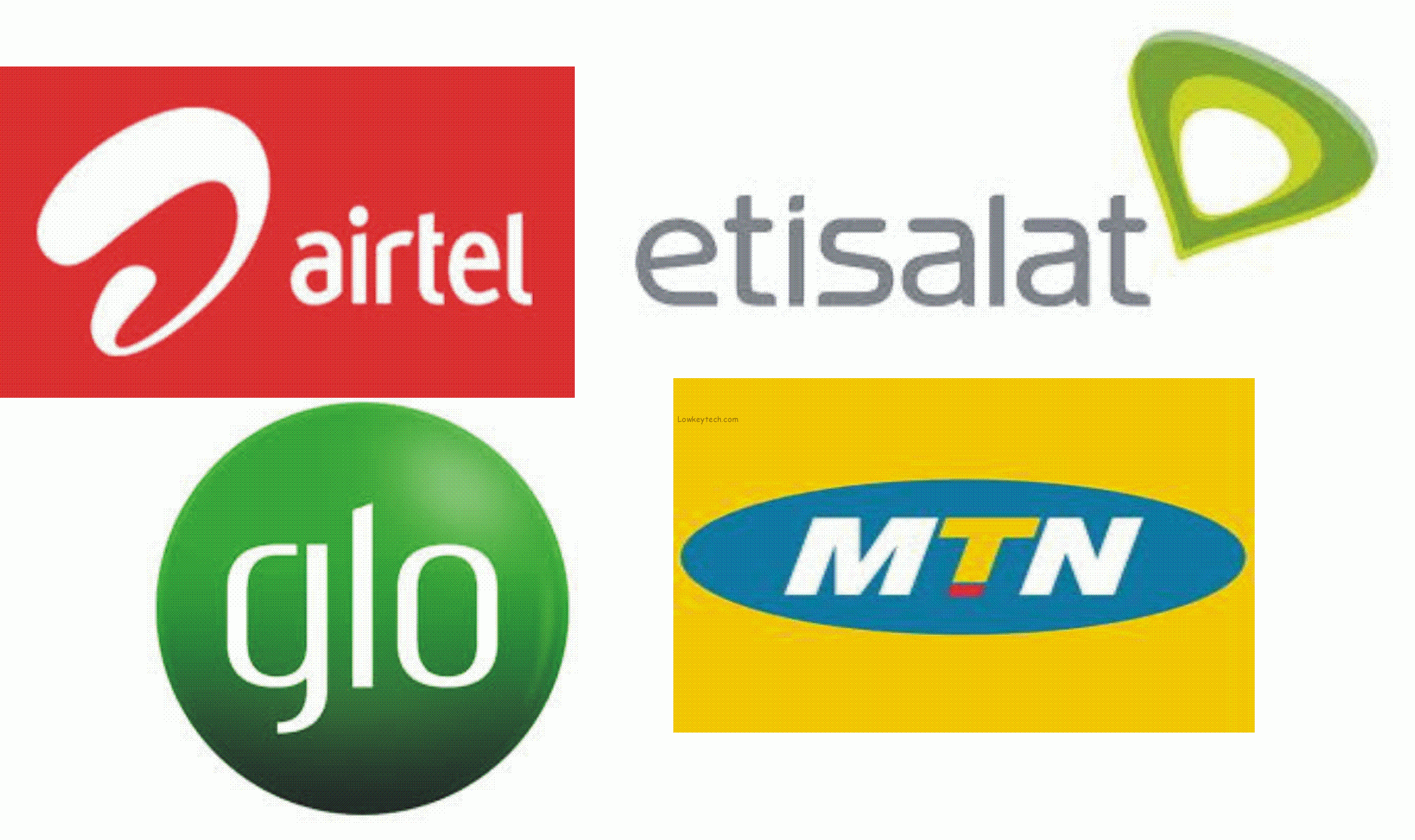The Nigerian Communications Commission (NCC) says it has started an aggressive enforcement of the agency’s codes of corporate governance to address customers’ dissatisfaction.
Prof. Umar Danbatta, the Executive Vice Chairman of the commission made this known in an address at the 80th edition of the Telecoms Consumer Parliament (TCP) in Abuja on Tuesday.
Danbatta, who was represented by Mr. Sunday Dare, the Executive Commissioner, Stakeholders, NCC said that the enforcement was necessary to ensure that operators in the industry continued to operate as viable businesses.
The theme for the 2017 edition of TCP is tagged: “Celebrating the Telecoms Consumer “.
Danbatta said that this year’s theme was apt as it focused on the continued improvement on telecom operators provide for consumers in the country.
He said that in order to ensure consumer satisfaction and protection, the commission had initiated SIM card registration, mobile number portability, and broad band policy implementation.
He said others are development of 2442 and 622 short codes as well as various consumers’ awareness campaigns.
He said that more emphasis had been placed on the quality of service, protection and empowerment of telecom consumers.
He said that in view of the role of telecom consumers in the overall achievement of the growth of telecom Industry, the commission had declared 2017 the year of Nigerian telecom consumers.
“Consumers have continued to spend a significant portion of their disposal income on telecommunication services as it continued to improve quality of life, businesses and social engagement.
“Let me underscore the fact that if all initiatives, projects, investment and efforts were met with low consumer patronage, the telecommunication revolution will have been an unqualified failure.
“It is really the investment of the consumer through patronage of services that have encouraged and supported service provision.
“Thus, there is need to celebrate and recognise the consumer as the boss of the industry and as boss, he pays the piper and as such must dictate the tune,” he said.
Danbatta noted that the key focus of this declaration were continuous improvement of quality, ubiquitous and affordable services to the consumers and increasing consultative engagement with the consumers.
He said that other focus include ensuring that services yield improved customers satisfaction by supporting better access to life changing opportunities, career development, quality education and social engagement among others.
Earlier, Alhaji Abdullahi Maikano, the Director, Consumer Affairs Bureau, NCC said the input of TCP had continued to help in the feedback mechanism to meet the mandate of the commission.
He said that the parliament had reawaken network operators on the consciousness that without the consumers, they would be out of business.
The Acting Director-General, National Lottery Regulatory Commission (NLRC), Mr Adamu Cifawa, said that the commission tried to ensure that the consumers of services it regulate enjoyed maximum satisfaction to keep the industry growing.
He therefore called on NCC as a regulatory body of telecommunications to continue to toward ensuring satisfaction of customers.
The TCP is a forum organised by NCC, which began in 2002 to bring together stakeholders in the telecommunication industry for knowledge sharing, idea generation and discussions to move the industry forward.




